
While documenting the illegal takeover of a soy plantation, the journalists recorded masked men pointing rifles at them. Today, they hope a new government will hold their attackers accountable.
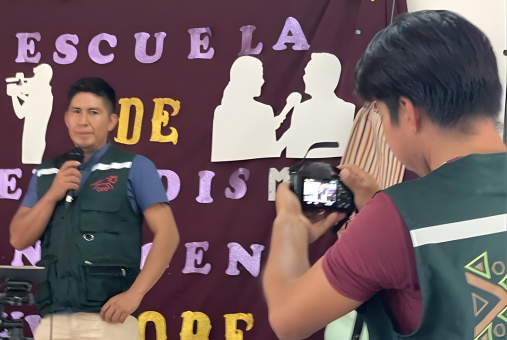
At the Indigenous Journalism School in southern Bolivia, students are reclaiming their stories through video, radio and social media, countering the neglect of Indigenous voices in mainstream media.
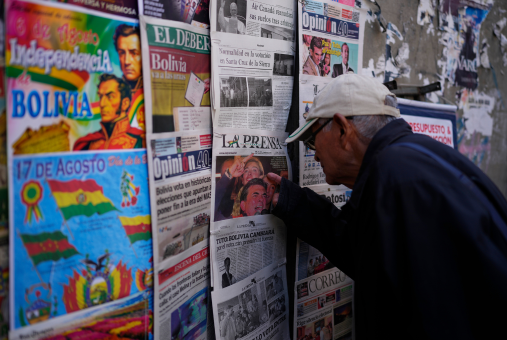
As Bolivia prepares to elect a new president, journalists face escalating threats while navigating a polarized landscape shaped by disinformation, political attacks and gender-based aggression.
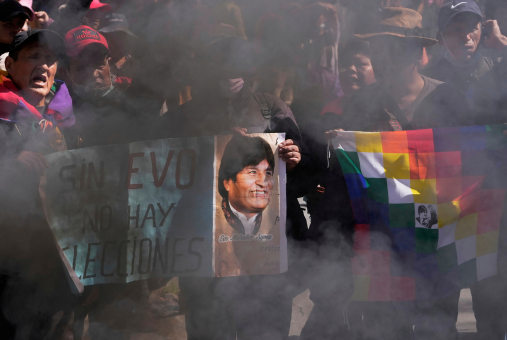
Journalists in Bolivia are facing escalating political violence in the run-up to the August vote. Some have been abducted or assaulted, and press groups warn unrest may intensify after election day.

Disinformation and obstacles to accessing public information are some of the challenges that journalists from Bolivia, Colombia and Mexico have faced when covering issues related to water. Reporters shared recommendations to improve coverage of the water crisis, including the use of long-term and long-form reporting.

Across Bolivia, El Salvador and Peru, the spread of disinformation has disproportionately impacted marginalized communities amidst sociopolitical conflict in recent years. Local non-governmental organizations in these countries conducted information ecosystem research to understand its impacts.

Journalists selected for the first Spanish edition of the JournalismAI Academy for Small Newsrooms will seek to learn how to take advantage of artificial intelligence to optimize processes, reduce workload, improve audience engagement and strengthen sustainability. Media from 15 Latin American countries will be represented in the eight-week program.
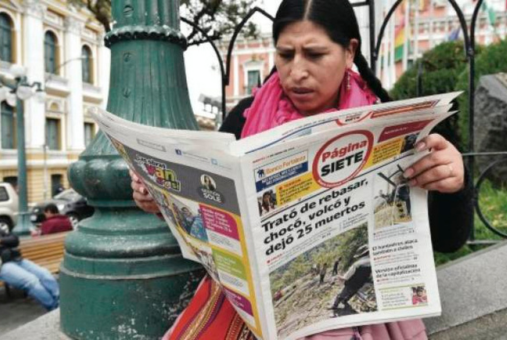
Over the course of 13 years, the daily newspaper faced the burden of political, economic, and judicial pressures, ultimately succumbing to additional shifting advertising trends and reader preferences. Its absence will leave a significant void in Bolivian media.
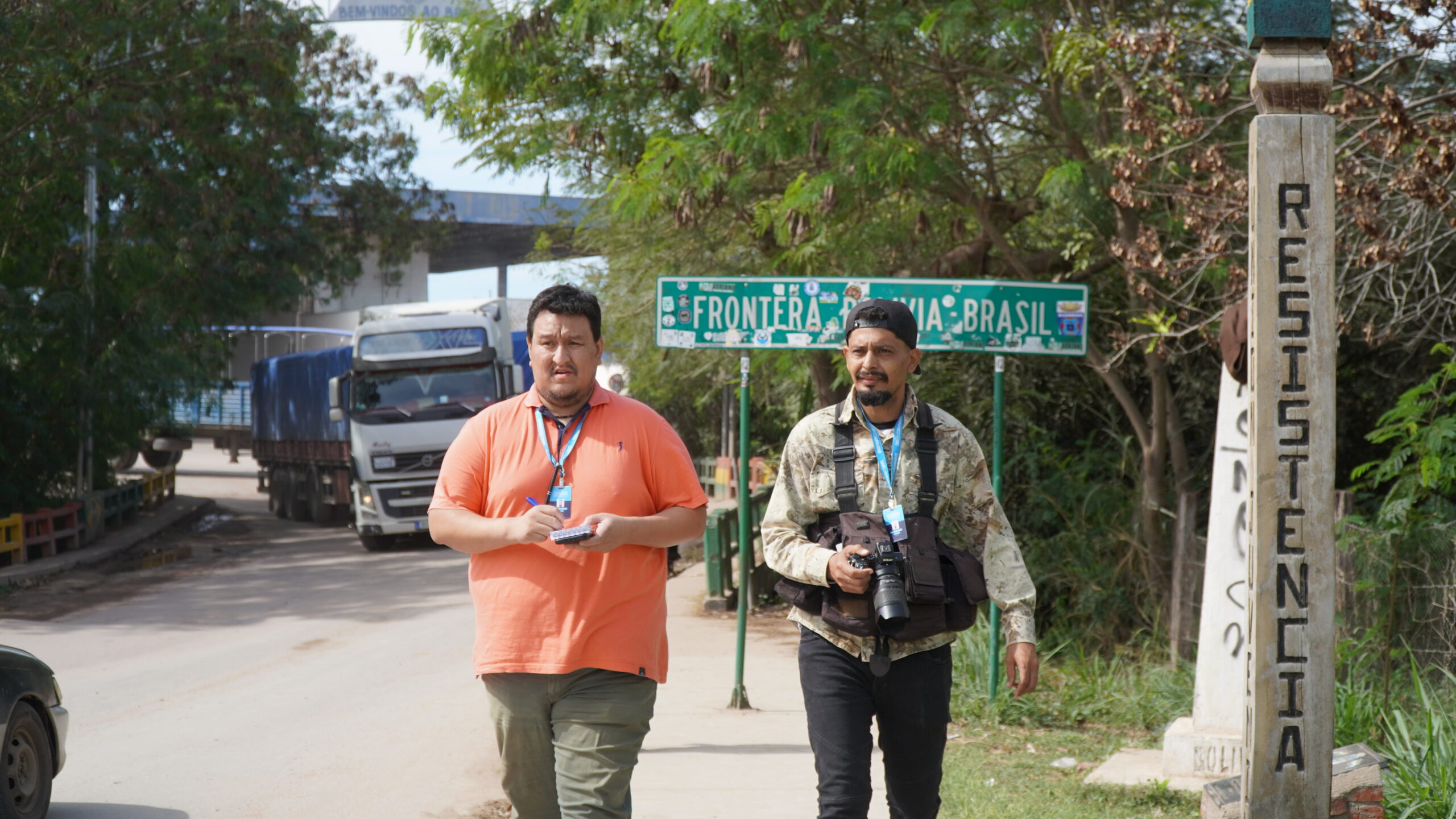
Journalists from Bolivia and Brazil talk about their collaboration while covering drug trafficking and migration on the border between the two countries. LJR also interviewed Diário Corumbaense from the Brazilian border city of Corumbá to report on the news service it provides to the inhabitants of its local community.

A project of Bolivia Verifica (Bolivia), with mentoring and support from Proyecto Desconfío (Argentina), seeks to promote dialogue, reflection and a culture of peace among Bolivian society by monitoring and verifying hate speech posts on social media aimed at vulnerable groups, and by distributing verified content through WhatsApp.

LatAm Journalism Review spoke with five journalists from the region who suffered some type of physical violence in their coverage of recent protests in Chile, Bolivia, Peru, Brazil, and Colombia and shows the vulnerability of press professionals from protesters of different political strata and also from security forces.
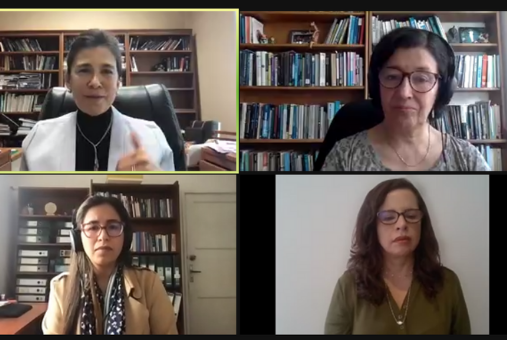
Journalists who become targets in polarized societies must support each other, persevere in doing investigative journalism, and always check the information in their stories, concluded participants in the panel “Polarization: Challenges for Journalists who Become Targets in Polarized Societies,” which was part of the event “Journalism in Times of Polarization and Disinformation in Latin America.”